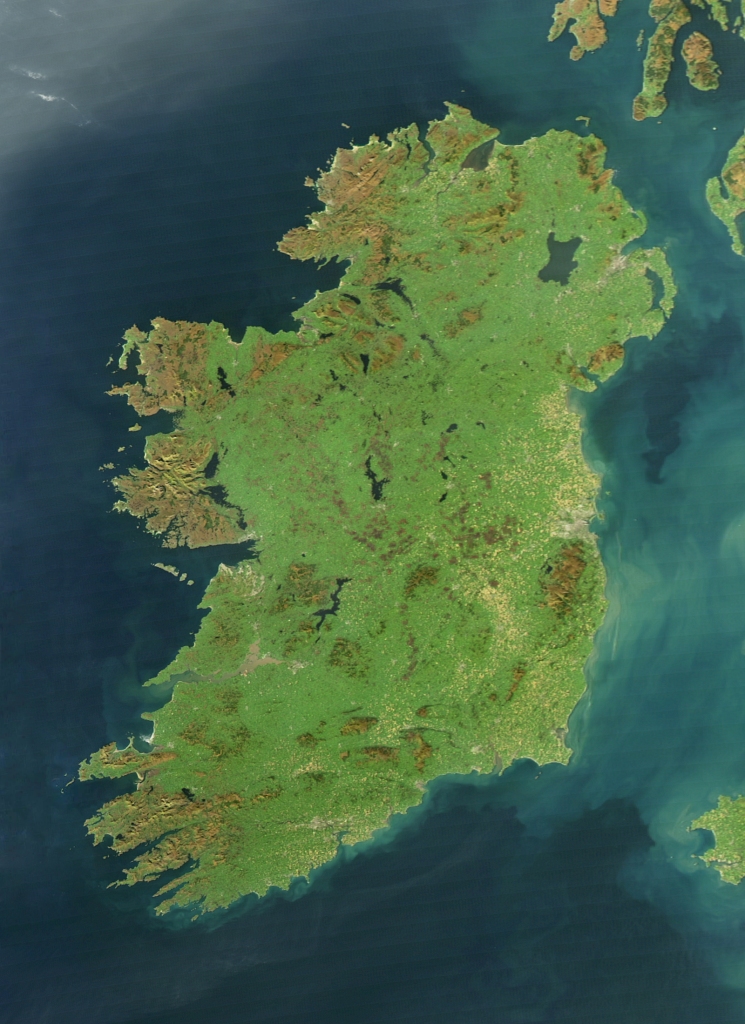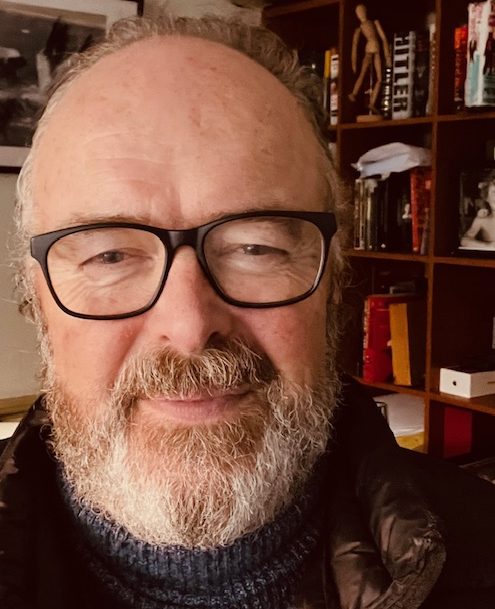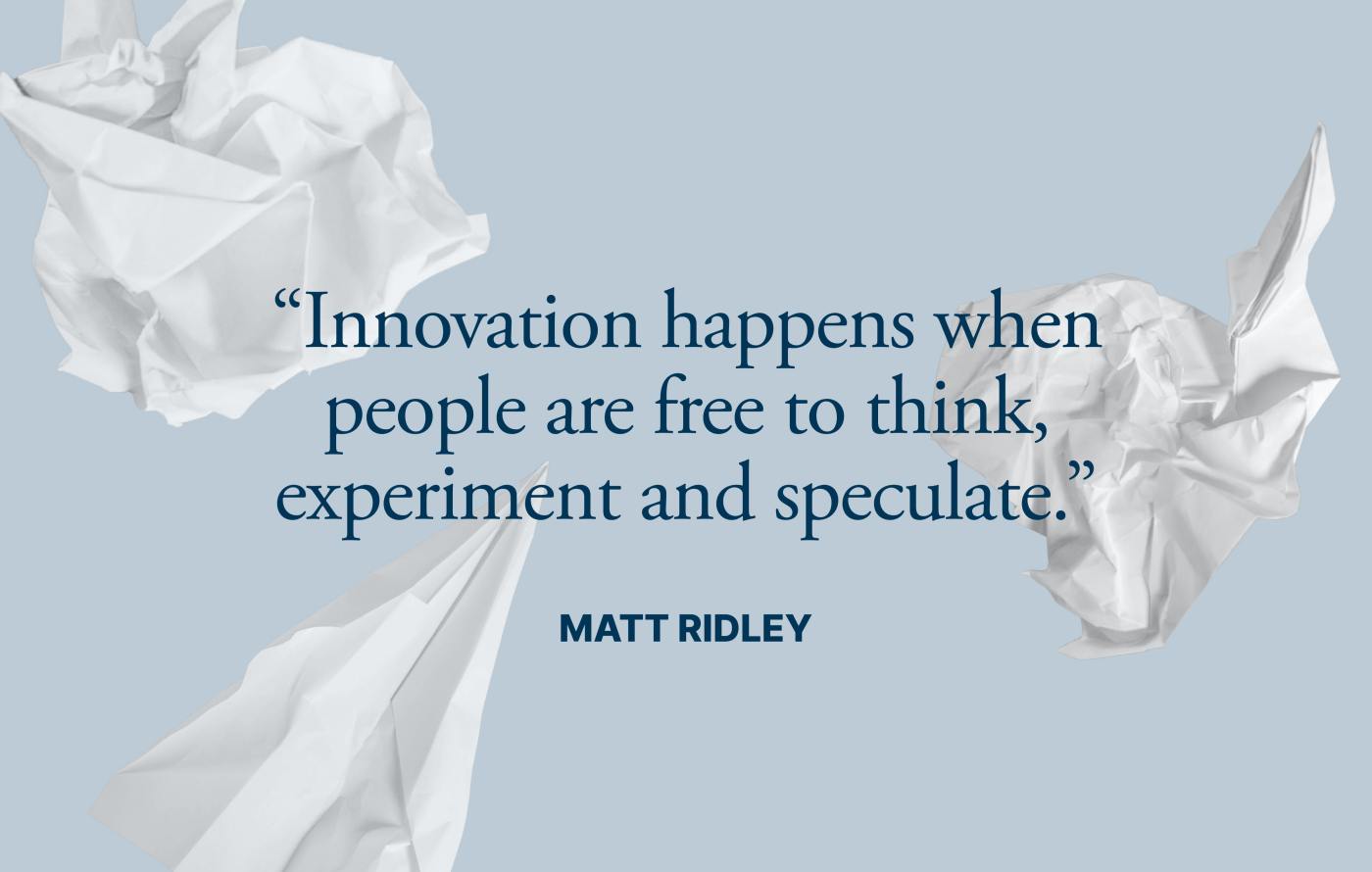
I am Irish, I am Northern Irish, and I used to be British. I was a European and still cling on to that because of the NI Protocol. I have always been middle class but moved to the left when I was a student, reaching the stage of being inclined towards a United Ireland, resulting in a lot of friction in the family. I then joined my own party in my head, Unionists for a United Ireland. I studied history and politics and still do, using Audible to investigate the ins and outs of various times and political situations.
In recent years we have seen a dramatic change in Northern Ireland. Demographic change alongside Brexit. An Assembly with mandatory power-sharing, as left to our own devices we have resisted it. A changing economy, with IT and digital combined with environmental necessity creating new opportunities. A young population that has no experience of the Troubles, to the extent that it is now taught in history classes.
But that change has not led us to a real societal change, to the removal of sectarian politics, and peace walls, and a binary view of all politics. It is still either a British State or a United Ireland.
I have written about my thoughts on unionism, so here is a look at Nationalism.
Nationalism has a confidence born of a growing belief that a United Ireland is coming sooner rather than later. The Border Poll is seen as an inevitable step towards the conclusion of a long march, lasting since Partition.
But there are a few things that need to be thought through.
What if a United Ireland is no longer high on the agenda for the people in Ireland? (and many I know tell me it is the last thing they want!) The change in Ireland is more dramatic than that in the North. A new fresh young country that has shaken off the shackles of the Catholic Church. That has been delivered by referenda that enabled women’s and gay rights. But also, a growing population that does not have a United Ireland as top of their wish list. 20% of the current population were not born in Ireland and will not have the emotional attachment to a United Ireland. Ireland has become accustomed to looking outwards and forwards, not inwards and backwards. A liberal population that might realise that the referenda would not have passed when you add in one million conservative religious voters from both communities.
The Irish in ROI might just not want to add a group of people to their electorate that can imbalance the power in the country. In the proportional representation system that exists, Unionists would hold a balance of power that would drag resources to the North and create real grievances in other parts of Ireland. The reality of a United Ireland might not sit well in Cork, Galway and other cities if the focus was on keeping an unwanted group of people happy.
There are a lot of jobs that would be under threat in the public sector. The northern Nationalists reject this saying that there would need to be an allocation of the public sector to Belfast and the North. Again, I ask, what are the people in the rest of Ireland going to say about that? Is there an awareness of the relationship between Dublin and Cork? That Cork might think it presumptuous that Belfast is given priority?
The NHS is often raised as something that would need to be facilitated if the North were to vote for a United Ireland. The Northern Nationalists blithely suggests that it would be no problem, Ireland would have to create it and deliver a health service with no need for insurance. Really? If it is so easy, why has it to been delivered already? And with an additional two million people to keep healthy, it is going to cost considerably more. Again the people in the South will need to change their ways to suit us and pay for it.
I also wonder if Nationalists should be careful what they wish for. In Northern Ireland now they have an equality that could only have been dreamt of in the Unionist past. First Minister and ministerial positions in Stormont, spads galore. Genuine power, which will be dissipated within an all-Ireland political system. The northern Nationalists will no longer exist. Nationalism will have been achieved, so what now? Voting will be for all island parties headquartered in Dublin. Within a generation, the northern nationalist will be extinct.
The mantra that is often rolled out is that Northern Ireland was created as a Protestant State, that it doesn’t work. But when Michelle O’Neill is First Minister, and SF is the largest party in Stormont, is it not working? The days of Unionist domination are long gone, so is it time to think about what is best for the nationalist community in the north?
And all the focus on the North in a United Ireland will be on the Orange. In a United Ireland, keeping the pro-British happy will take all the political energy available. Let’s not forget how thran the hard line Unionist can be, as we have seen them disrupting and rejecting the wishes of the UK Government, which they perport to support! They will have seats in the Dail, hold a balance of power, influence the lives of the people in the 26 counties, and demand a lot from the party that wants to form a government.
And finally, does Ireland, the current 26 counties, want to introduce sectarianism to their politics? There is a dreamlike state that imagines that sectarianism will float upstream and disappear. And it is naive to think that there is none in the 26 counties. I was called an Orange C— at a party in middle class Dublin. If we look at recent populist politics around the world, division is more likely to become more virulent. Sectarianism has never played a part in Irish politics because the vast majority were of one religion. The drift away from religion is happening as evidenced by the most recent Papal visit, when less than 100,000 people were in Phoenix Park, compared with one and half million in 1979, but the vast majority still think of themselves as Catholic. The notion that you can introduce a million people with a different religion without upsetting the orange cart is naive.
Maybe it is time to think about nationalism again. To assess the reality, the opportunities that might exist in another path, joint sovereignty that enables the people of the north to have their identity as chosen and not allocated by one country or another. An original world-leading example to others how to deal with a problem that is ingrained in history, with a disruptive and innovative solution.


Interesting piece.
I have a slightly different view on the situation as an Irish European who never thought, in my lifetime, we would be discussing reunification based on economic sensibilities and common sense.
Non-Aligned voters will soon account for 50% of the electorate in NI (33% in 1998. About 40-44% now). They don’t care about flags, they just care about jobs, health, peace & opportunities and thanks to the NI protocol, it is crystal clear whether they get that in the EU, with Ireland, or in brexit GB.
That aside, I think the discussion should really be about “what will the UK look like in 10-15 years post-brexit?”.
That’s a crucial question for NI Unionists right now. English Nationalism drove brexit and it hasn’t finished yet. The 2011 UK census on identity reflected the brexit vote and the demise of the “british” idea throughout the UK apart from a corner of NI, alongside the emergence of “Englishness”.
Once a clearer picture of where the UK is going and what that means for Unionism will allow for a more open and fluid discussion about reunification, more aligned to common sense than flags.
In the same breath, I think a canton based Irish nation, like the Swiss setup, would arguably be a better, more contemporary and inclusive alternative to the monolithic UI.
LikeLike